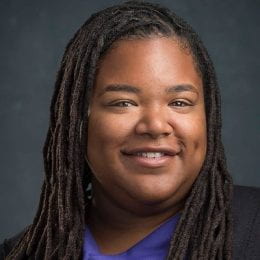In this special blog series, Staley School of Leadership Studies partner David Chrislip considers how associated leadership studies and civic engagement literatures contributes understanding and supports the exercise of leadership during the COVID-19 outbreak.
“Sometimes change is so vast and dislocating that it is hard to tell disaster from opportunity.”
The Economist, April 11, 2020
“The larger project, however, is to increase the resilience of American society.”
The New York Times, April 9, 2020
The Crisis
As the coronavirus continues to devastate communities across the nation, planning for the aftermath is beginning to take center stage. As horrendous as the initial shock has been, it is but the first of many cascading impacts that must be addressed. Economic decline (collapse, in some places), increases in inequality in health and wealth, inadequate capacity of institutions to respond, failing health and education systems, and so on, will follow, rending the social fabric of families, communities, states, and the nation. Trillions of dollars will be allocated and spent by federal, state, and local government agencies and foundations to address these challenges. Some communities will be able to put these resources to good use. Others will become more dependent on outside entities (like governments and foundations) for their survival and less resilient in the face of future challenges. The longer-term response to the effects of this pandemic will be as important as the initial response to its manifesting symptoms.
Continue reading “Briefing: Civic Capacity and the Coronavirus” →

